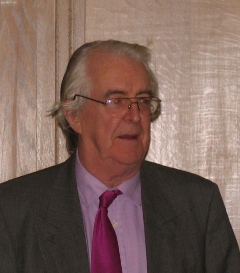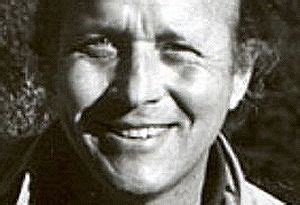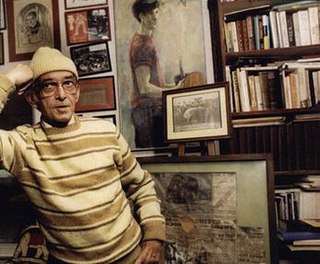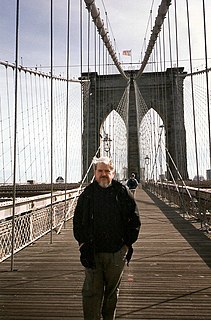A Quote by Meir Soloveichik
We live in an age in which the biblical-moral traditions that have guided us for centuries are increasingly being forgotten.
Related Quotes
The final goal of world revolution is not socialism, or even communism, it is not a change in the present economic system, it is not the destruction of civilization in a material sense. The revolution desired by the leaders is moral and spiritual, it is an anarchy of ideas in which all the bases established nineteen centuries ago shall be overthrown, all the honored traditions trodden under foot, and, above all, the Christian ideal finally obliterated.
If an instrument similar to a geiger-counter could be invented that counted moral judgements instead, we would learn to duck as people became increasingly 'moral', since lethal force is usually imminent. So far from moral fervour being an alternative to force, it is frequently the overture, the accompaniment and the memorial to it.
The biblical lifestyle is always a witness of resistance to the status quo in politics, economics, and all society. It is a witness of resurrection from death. Paradoxically, those who embark on the biblical witness constantly risk death - through execution, exile, imprisonment, persecution, defamation, or harassment - at the behest of the rulers of this age. Yet those who do not resist the rulers of the present darkness are consigned to a moral death, the death of their humanness. That, of all the ways of dying, is the most ignominious.
The separation of church and state is extremely important to any of us who holds to the original traditions of our nation. . . . To change these traditions . . . would be harmful to our whole attitude of tolerance in the religious area. If we look at situations which have arisen in the past in Europe and other world areas, I think we will see the reason why it is wise to hold to our early traditions.
My understanding of God is an experience. God is. That's all I know. In the Biblical tradition, it would be expressed as, "Be still and know that I am God." God is the "I am" energy. Something huge is at play here - cosmic creativity, consciousness, God, whatever you want to call it. I do believe that it's a guided ride. We're on a guided tour of the universe.






































